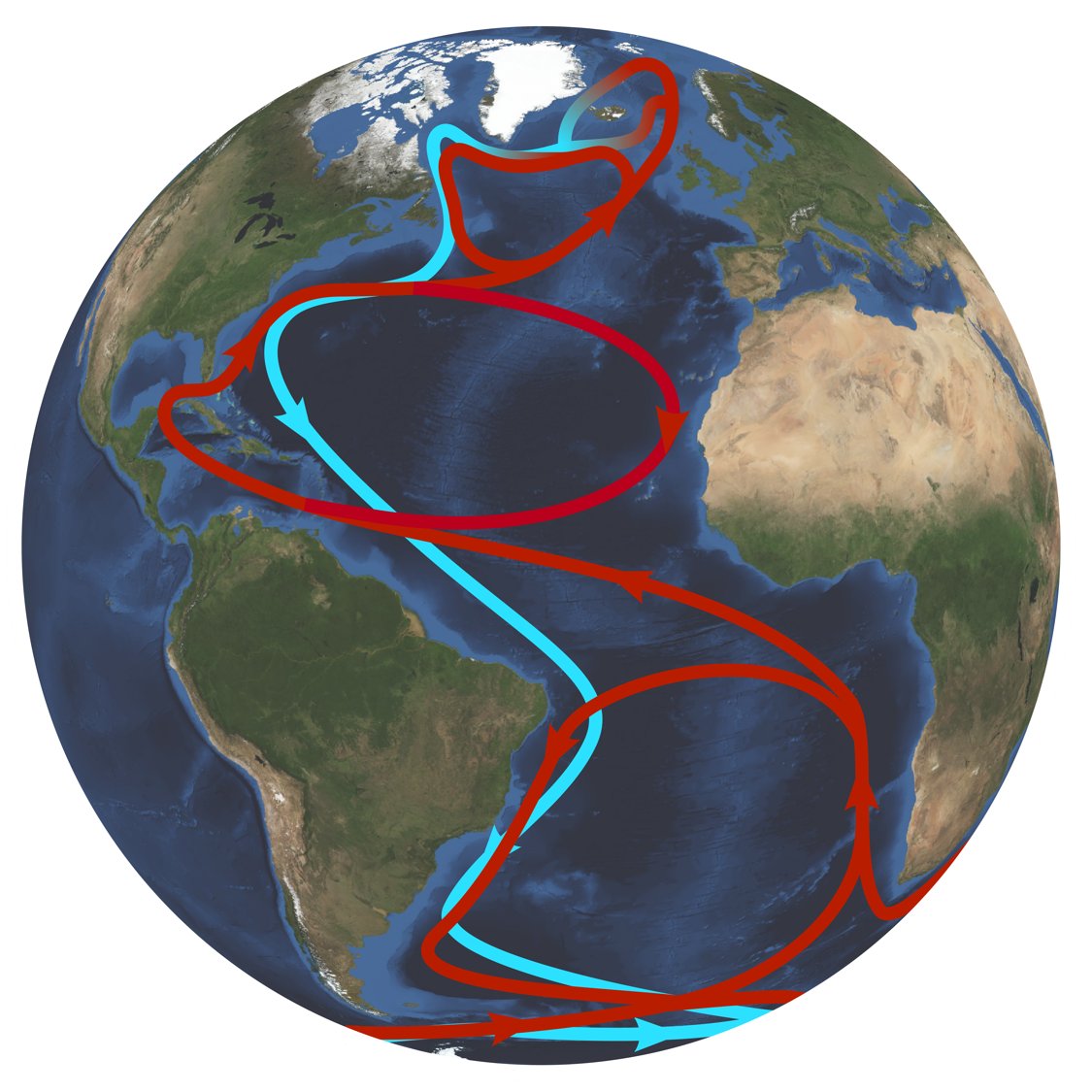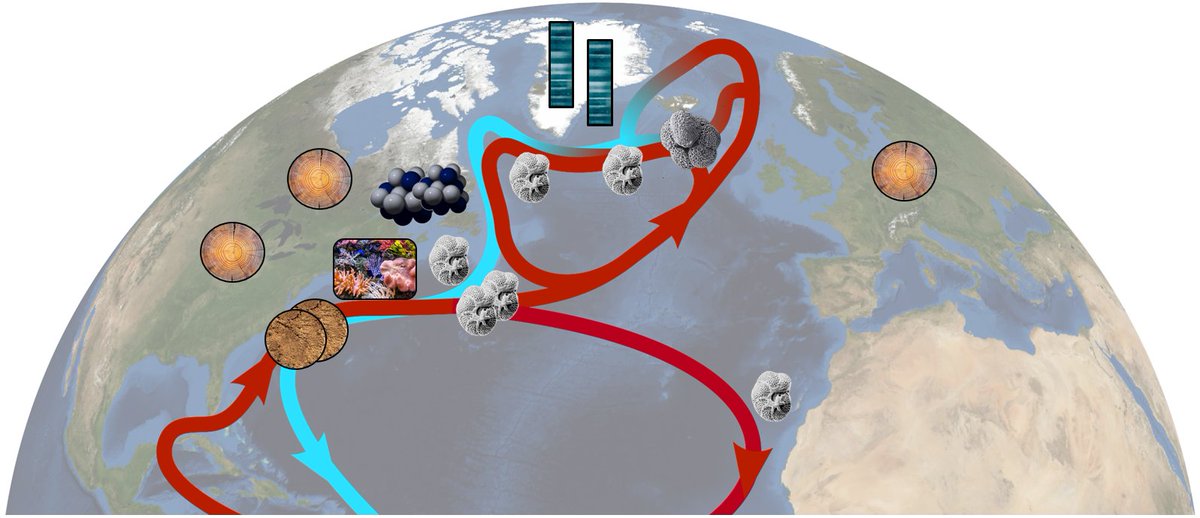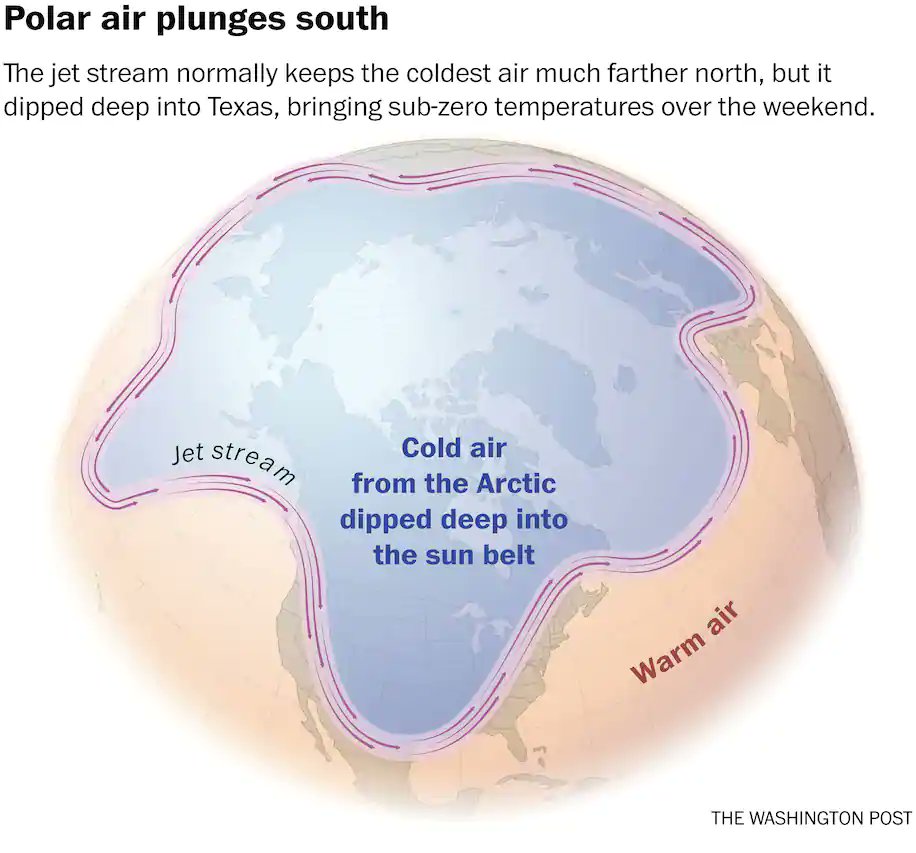
Das Bundesverfassungsgericht hat die Tatsache anerkannt, dass wir zur Begrenzung der #Erderhitzung nur noch ein begrenztes #Emissionsbudget zur Verfügung haben. Was hat es mit diesem Emissionsbudget auf sich? Das habe ich 2019 im Spiegel erklärt: spiegel.de/wissenschaft/m…
Das #Emissionsbudget beruht auf der wissenschaftlichen Erkenntnis, dass das Ausmaß der globalen Erwärmung in guter Näherung proportional zu den kumulativen Gesamtemissionen ist - siehe die berühmte Nature-Ausgabe von 2009 mit Beiträgen u.a. von Malte Meinshausen vom PIK. 
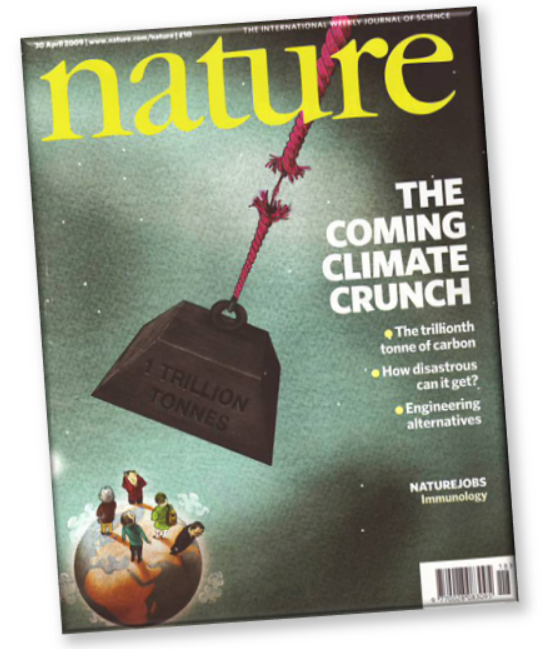
Grund dafür ist die sehr lange Lebensdauer von CO2 in der Atmosphäre - die z.B. dazu führt, dass wir wahrscheinlich schon durch die bisherigen Emissionen die ansonsten in 50.000 Jahren fällige nächste Eiszeit verhindert haben! pik-potsdam.de/de/aktuelles/n…
Diese lange Lebensdauer bedeutet salopp: wir füllen die Atmosphäre mit CO2 wie eine Badewanne mit Wasser. Nur Nullemissionen (Hahn zudrehen) führen zu einem zwar wärmeren aber wieder stabilen Klima (nicht weiter steigendem Wasserstand)!
Der Weltklimarat IPCC hat in seinem Sondergutachten zur Begrenzung der Erderhitzung auf 1,5 Grad eine Tabelle mit den Emissionsbudgets für verschiedene Temperaturziele publiziert, die mit dem Pariser Abkommen Grundlage der Klimapolitik sein sollte. scilogs.spektrum.de/klimalounge/wi…
Die Verteilung des globalen Budgets auf verschiedene Länder ist eine Frage der #Klimagerechtigkeit, die offen diskutiert werden muss. Was das bedeutet habe ich hier (am Beispiel EU-Ziele) kommentiert: spiegel.de/wissenschaft/m…
Der Sachverständigenrat für Umweltfragen der Bundesregierung hat in seinem Umweltgutachten 2020 ein Emissionsbudget für Deutschland abgeleitet. Das #Bundesverfassungsgericht bezieht sich in seinem Urteil explizit darauf. 
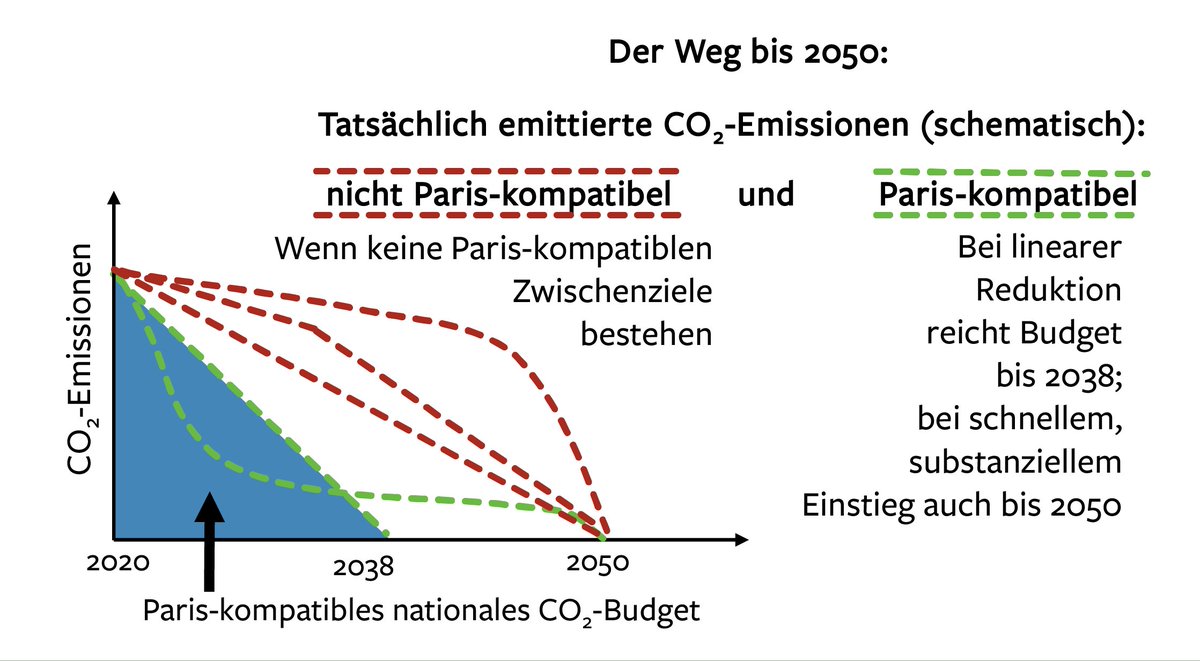
Ich habe das übrigens am Montag bei meinem Einführungsvortrag beim Bürgerrat Klima erläutert. Das kann man hier ansehen:
Zu guter Letzt: warum ist es so wichtig, die Erwärmung auf 1,5 °C (und nicht etwa 2 °C) zu begrenzen? Das wird immer wieder gefragt. Auch das habe ich im Spiegel bereits erläutert: spiegel.de/wissenschaft/m…
• • •
Missing some Tweet in this thread? You can try to
force a refresh


